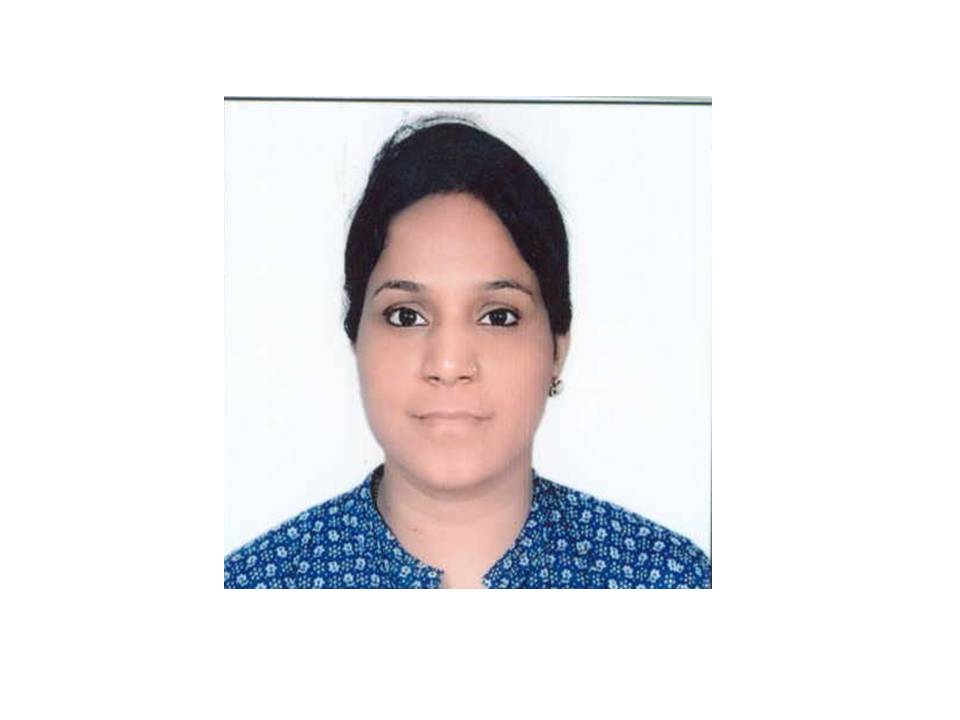Conditions for Which a Tonsillectomy is Performed:
Here are some of the conditions for which tonsillectomy is recommended:
1. Sleep-Disordered Breathing: Tonsillectomy can help alleviate symptoms like snoring and interrupted sleep patterns by removing the enlarged tonsils which obstruct the airway.
2. Recurrent Throat Infections: When throat infections recur frequently, a tonsillectomy can reduce the number of infections per year.
3. Difficulty Swallowing: Enlarged tonsils can make swallowing difficult; removal helps ease this problem.
4. Tonsil Stones: These are hard deposits that form in the tonsils which can be eliminated through a tonsillectomy.
How is a Tonsillectomy Conducted at Apollo Hospitals in Noida?
At Apollo Hospitals in Noida, patients can expect to be cared for by the best tonsillectomy doctors who carry out the procedure meticulously.
1. Pre-Surgery Examination: The patient undergoes diagnostic tests to assess the health condition.
2. Anaesthesia: The patient is administered general anaesthesia for a pain-free experience.
3. Surgery: Depending on the patient’s age and health condition, doctors may use cold knife dissection, electrocautery, or laser/cauterisation tonsillectomy.
4. Post-Surgery: Patients are monitored in the recovery room until the effect of anaesthesia wears off.
5. Recovery: Patients are advised to drink plenty of fluids and eat soft, cold, and solid foods.
How to Choose the Best Specialist for Tonsillectomy in Noida?
When considering a tonsillectomy, it becomes imperative to choose a skilled and proficient specialist. In Noida, you’ll find accomplished ENT surgeons adept at conducting tonsillectomies with precision. These highly trained surgeons have performed numerous successful tonsillectomies throughout their illustrious careers. Their proficiency assures you of excellent care and positive outcomes.
Why Plan your Tonsillectomy with Apollo Hospitals?
At Apollo Hospitals, Noida, we prioritise patient care and satisfaction above all else. Our team of highly experienced and renowned specialists use advanced technology to ensure successful outcomes. Plan your tonsillectomy with Apollo Hospitals in Noida for an incomparable healthcare experience. Trust our skilled team of doctors for tonsillectomy to guide you towards better health.









 Call Now
Call Now






